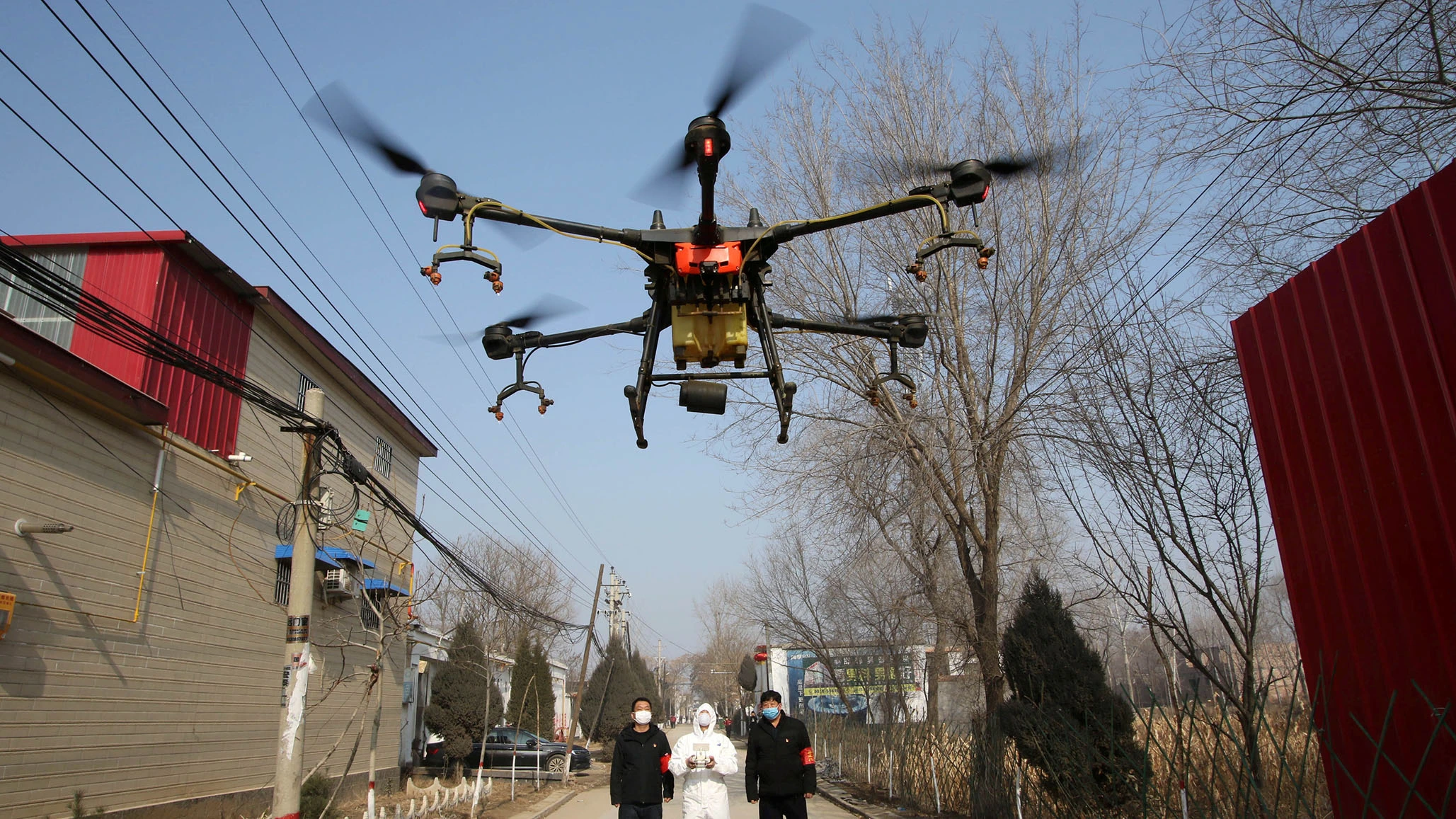Representatives from both parties, Dave Joyce (R., Ohio) and Jake Auchincloss (D., Mass.), have proposed a bill to prevent foreign surveillance by banning the use of federal funds to purchase or operate drones from foreign entities. The Securing Our Airspace from Reconnaissance (SOAR) Act is a multifaceted approach that would address potential threats posed by foreign-made drones. The bill would prohibit the use of taxpayer dollars for acquiring drones from entities connected to countries deemed hostile, including China, the US’s primary geopolitical competitor. Government officials seeking exceptions to this ban would have to notify Congress and request a waiver, which would be subject to an annual review if approved.
The SOAR Act would also empower the secretary of defense to collaborate with private-sector partners in the production of secure drones, fostering a robust domestic drone industry. FDD Action, a nonpartisan organization that advocates policies promoting U.S. national security, endorsed the legislation, stating that it would place penalties on companies producing spy balloons for China, prohibiting them from contracting with the US government. Joyce argues that drones manufactured in hostile countries, especially China, pose a direct threat to U.S. national security, characterizing these foreign-made drones as “Trojan horses” that collect data for manipulation by hostile foreign entities.
Critics are concerned about how a ban on government purchases of Chinese-made drones might affect state capacity, but Joyce pitches the legislation as an opportunity to reinvigorate American technological prowess. To “reshore” drone manufacturing, Joyce suggests modifications to the tax code as a potential incentive to boost domestic production, as long as it’s revenue-neutral. The SOAR Act provides for waivers, allowing entities to continue using foreign-made drones under certain circumstances, with one annual review of the waivers to guide them into an American path going forward.
The SOAR Act would increase partnership with the private sector for the domestic production of drones, but some are concerned about the safety and security of the drones produced here. Joyce says that trust in the government and people is necessary to ensure the safety and security of the drones. Critics from China and Russia are likely to complain that America isn’t playing fair, but Joyce argues that China hasn’t been a fair player in the global economy over the last 50-plus years.
The SOAR Act has good prospects for passage, with bipartisan sponsors and two supporters already on board. The bill is still in the early stages of the legislative process, having recently been referred to both the House Oversight and Armed Services Committees for consideration. Joyce believes the SOAR Act could alleviate some privacy concerns regarding the drone industry by removing the influence of hostile foreign powers from the manufacturing process. Foreign governments couldn’t care less about our privacy rights and interests, he says. With great-power competition and the technological capabilities of hostile states at the top of the national-security agenda, the SOAR Act stands as a worthy attempt to secure American airspace and reclaim our technological sovereignty.

